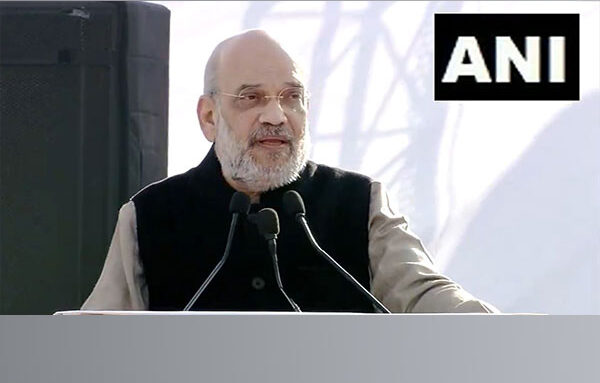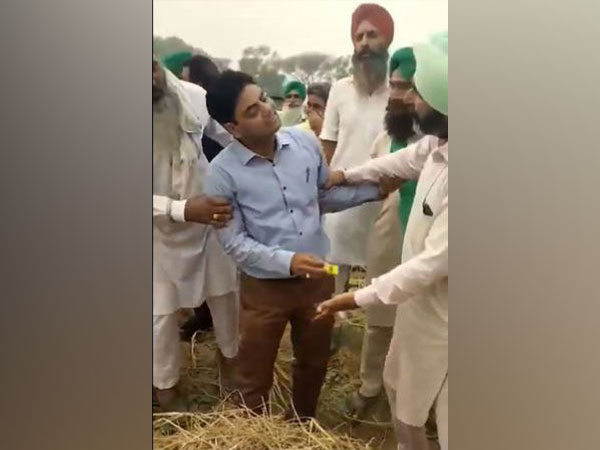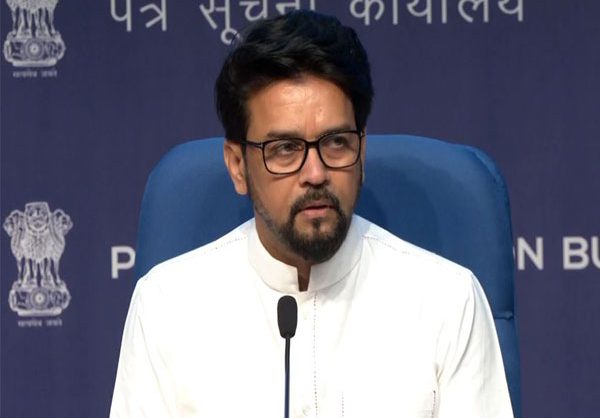Union Home Minister and Minister of Cooperation Amit Shah has appealed to the farmers to focus on the production of pulses to make India self-reliant in this sector before December 2027.
Taking another step towards Prime Minister Narendra Modi’s vision of “Atmanirbhar Bharat” (self-reliant India), Shah launched the ‘e-samridhi portal’ for registration, purchase and payment of ‘tur dal’ producing farmers here today.
“Produce pulses and make the country self-reliant in this sector. It is necessary to make India self-reliant in pulse production. I assure you that before December 2027, India will become self-reliant in the production of pulses,” Shah said at the event.
“Beginning by you is going to bring drastic changes in the field of agriculture”, Shah assured the farmers.
“It’s a guarantee from Modi that if you register with the National Agricultural Cooperative Marketing Federation of India (NAFED) and the National Cooperative Consumers’ Federation of India Ltd (NCCF), we will purchase your pulses. It is the responsibility of the Modi government to purchase your pulses on MSP (Minimum Support Price),” Shah said, adding that the current ‘tur dal’ MSP rate is Rs 7,000 compared to Rs 4,350 in 2014-15, a 65 per cent increase.
Addressing the national symposium organized on self-reliance in pulses, Shah said the farmer-centric initiative aims to empower ‘tur dal’ producers with better prices through procurement, streamlined processes and direct bank transfers by NAFED and NCCF to boost domestic pulses production and reducing import dependence.
“Under this, the buffer stock of pulses will be purchased from the farmers registered on the portals of NAFED and NCCF as per the guidelines of the Department of Consumer Affairs, Government of India and MSP or market price, whichever is higher, will be paid to the farmers,” Shah said.
“The process of registration, purchase and payment on the portal will be available on a single medium. Portal registration of farmers can be done directly or through the Primary Agricultural Credit Society (PACS) and Farmers Producers Organisation (FPO). The payment to the farmers will be made by NAFED directly into their mapped bank account and no agency will be involved in between. The entire process is farmer-centric in which farmers themselves can track the activities from registration to payment,” said the Home Minister.
This initiative complements the “Atmanirbhar Bharat” campaign, Shah added, pointing “the multilingual electronic portal https://esamridhi.in will connect farmers, NAFED and concerned government departments, streamlining processes for better accessibility.”
The launch of the ‘tur dal’ procurement portal symbolizes the government’s comprehensive vision of a new green revolution that will include pulses and oilseeds along with traditional crops like wheat and rice, the Minister said, adding “this will be beneficial for Indian agriculture and the bright future of millions of farmers towards self-reliance in all food categories.”
The portal will streamline the entire process for ‘tur dal’ growers in Maharashtra, Andhra Pradesh, Telangana, Gujarat, Karnataka and Jharkhand, simplifying the registration, procurement and payment processes.
The portal aims to reduce dependence on imports by purchasing 80 per cent of the buffer stock directly from farmers. This will not only secure food production but will also ensure the future food security of the nation. (ANI)
For more details visit us: https://lokmarg.com/






